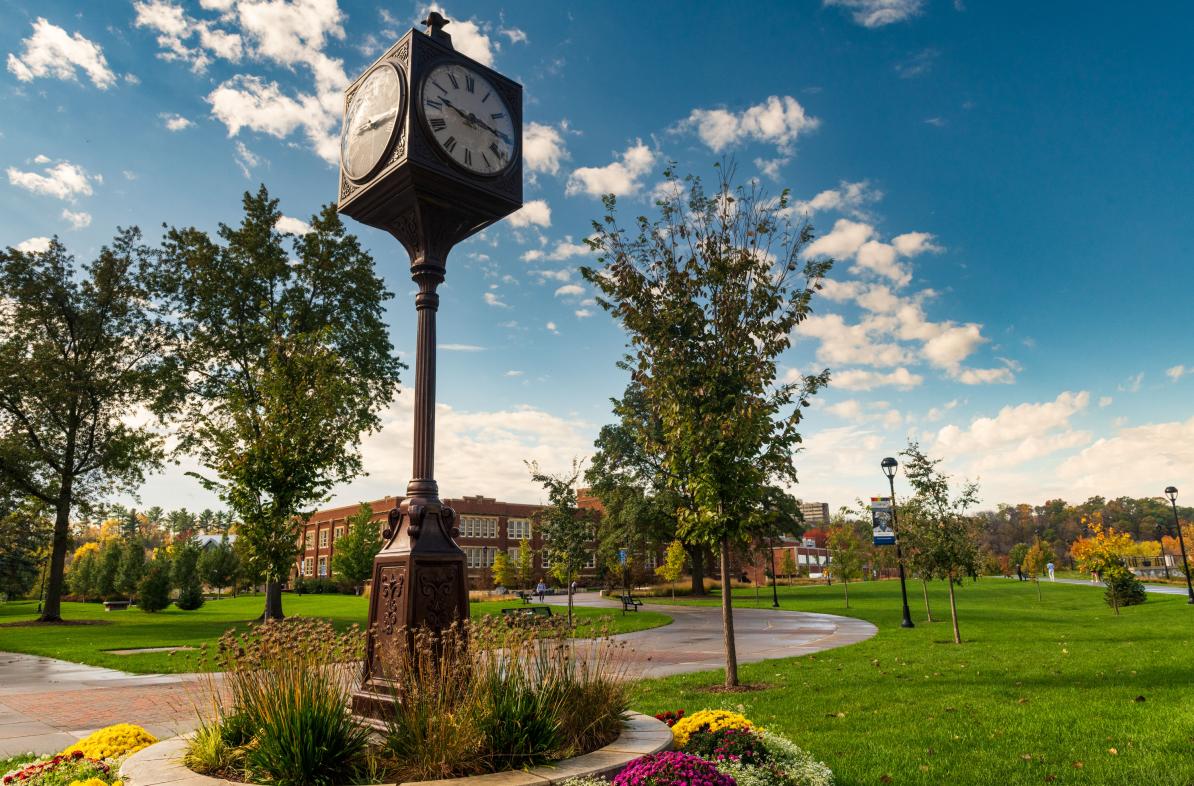ID

UW-Eau Claire awarded $150K by National Endowment for the Humanities
Authored on
UW-Eau Claire awarded $150K by National Endowment for the Humanities
Published on:
Intro text
A grant from the National Endowment for the Humanities will allow UW-Eau Claire to offer a new 15-credit certificate that weaves together the humanities and health sciences, improving practices in health care and related fields.
Sections
For the media
For the media
Image download


